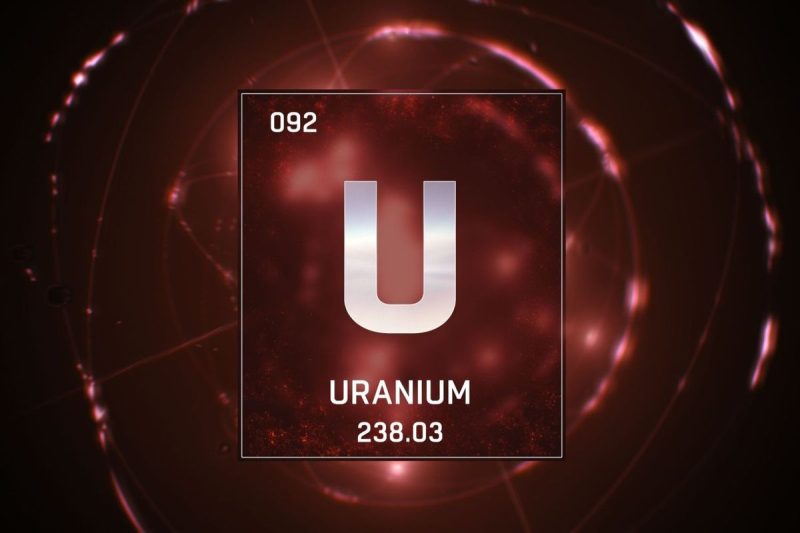Fission Uranium Corporation’s recent undertaking to grow its inventory of uranium assets represents yet another significant development in its expansion across the Athabasca Basin region. The company has strategically staked new territories rich in high-grade uranium deposits to fuel its growth trajectory. Our discussion will revolve around the implications of Fission Uranium’s decision to stake new assets, as well as its potential impact on the company’s future and the uranium industry at large.
Staking new territories is not a decision that Fission Uranium takes lightly. It signifies the company’s willingness to commit massive resources towards expediting discoveries in one of the largest and most prospective uranium districts worldwide. In an era when global energy needs are rising, Fission Uranium’s move to increase its assets by staking new high-grade deposits positions it as a forward-thinking company ready to meet future demand.
Fission Uranium’s decision was inspired by the high potential that the Athabasca Basin offers. Early exploration and reports indicate that the basin is rich in uranium deposits, about 20 to 30 times higher than the world’s average, making it an attractive area for investment. The high-grade nature of the deposits also means the company can extract a substantial amount of uranium from a relatively small amount of ore, maximizing productivity and profitability.
Investing in the Athabasca Basin, in particular, is testament to Fission Uranium’s commitment to sustainable operations. From an environmental perspective, mining high-grade uranium is significantly less harmful than extracting lower-grade ores because it requires less energy, reduces emissions, and results in less waste. Fission Uranium’s new staking move thus demonstrates its dedication to responsible mining practices and adherence to environmental standards.
With a more extensive asset portfolio in the Athabasca Basin, Fission Uranium is positioning itself to increase its global market share in the uranium industry. The company’s decision could be a game-changer, allowing it to secure a significant portion of the global uranium market if it successfully unearths high-grade uranium from its newly staked assets.
A key takeaway from Fission Uranium’s new staking venture is the expected impact on job creation and local economies. The need for manpower to carry out the expanded exploration activities in the Athabasca Basin could provide employment opportunities in the region. Additionally, local communities stand to benefit economically from spending on infrastructural development, transportation, housing, and other essential considerations.
Moreover, Fission Uranium’s step to stake new assets in the Athabasca Basin aligns suite with the increasing global push towards cleaner and renewable sources of energy. As one of the primary components of nuclear energy, uranium plays a significant role in meeting the world’s energy needs without contributing to greenhouse gas emissions. Thus, Fission Uranium’s expansion aligns with broader global sustainability goals, underlining the company’s ongoing commitment to environmental stewardship and sustainable growth.
In conclusion, Fission Uranium’s recent decision to stake new assets in the Athabasca Basin presents immense opportunities for growth and expansion for the company. This strategic move, founded on the high-grade nature of the region’s uranium deposits, is set to reinforce its market position, align with sustainability goals, enhance local economies, and meet the global demand for cleaner energy.




